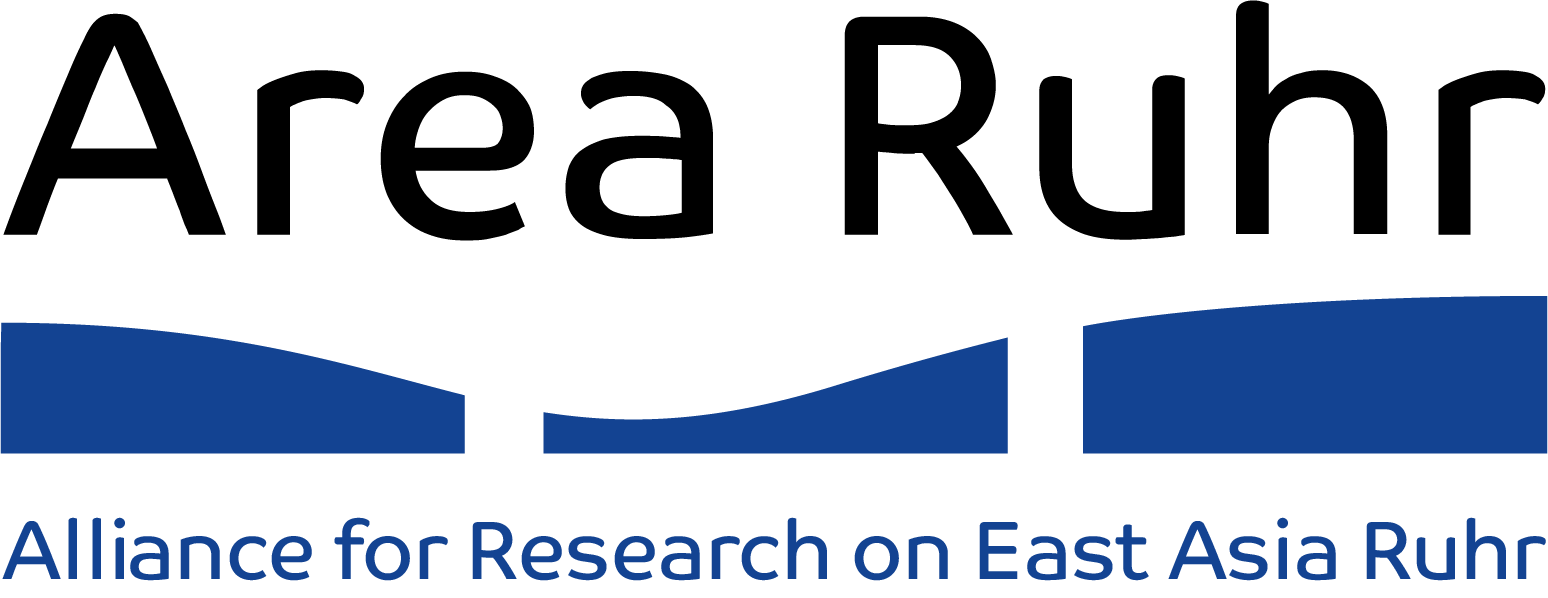Please register with kerstin.lukner@area-ruhr.de
to receive the respective Zoom link and password for the meeting.
*Please notice that this event will start at 2 pm sharp*
Dr. Anders Karlsson: Unequal inequality: The Great Ming Code and the construction of a Confucian penal system in Chosŏn Korea
Abstract:
With the establishment of the Chosŏn dynasty (1392–1910) on the Korean peninsula, the Great Ming Code was introduced as the main penal code to aid the construction a Confucian penal system that could underpin the efforts to establish Confucianism as the creed of the new dynasty. It was, however, felt that the social hierarchy reflected in the Ming Code was not sufficient for the strict social hierarchy of Korea. Already the translation into Korean produced in the early years of the dynasty contained some changes to statutes to reflect the social environment, and later much new Chosŏn legislation enlarged the Confucian hierarchy to more broadly encompass the social status groups of Chosŏn Korea. This talk will analyse this new legislation in relation to the penal system of the Great Ming Code and will also look at discussions at court to get a sense of how Confucian ideology was negotiated in the process of constructing a Confucian penal system considered suitable for Korea.

Short Bio:
Anders Karlsson is a Senior Lecturer in Korean Studies at SOAS in London where he has been working since 2000. He has his degrees in East Asian and Korean Studies from Stockholm University. His main interest is the social and institutional history of Chosŏn Korea. His earlier research focussed on rural unrest in nineteenth century Korea and after working on famine and disaster relief in Late Chosŏn, his recent focus is on the penal system and its relation to Confucian ideology and the social and cultural characteristics of Korea. Publications related to this latest research interest include “Law and the Body in Joseon Korea: Statecraft and the Negotiation of Ideology”, The Review of Korean Studies 16:1 (2013) and “Confucian Ideology and Legal Developments in Chosŏn Korea; A Methodological Essay,” in Marie Seong-hak Kim ed., The Spirit of Korean Law: Korean Legal History in Context (Leiden: Brill, 2015).
